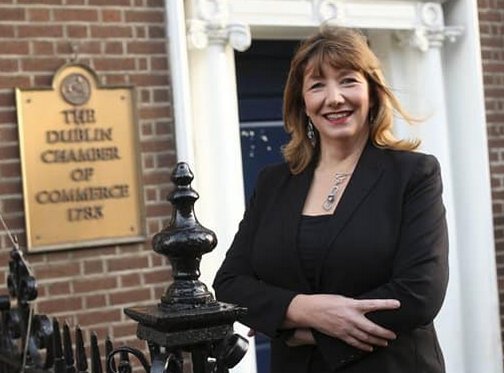Games such as ‘i-spy’, traditionally used to help pass the time on long car journeys with children, could soon be a thing of the past as more and more children turn to phones and tablets for entertainment on the road, according to new research among parents planning to drive on holiday this year from Enterprise Rent-A-Car.
Less than a third of children (31%) now play i-spy in the car. Instead, 45% play games on phones or tablets, while 36% watch TV shows on their technological devices.
When asked what keeps the children amused for the longest time in the car, over half (51%) of parents now say phones and tablets are the runaway winner, and just one in ten (10%) think i-spy or ‘other car games’ (9%) are effective.
This shows a marked increase in the use of technology among children in just the last two years – in 2015 Enterprise conducted similar research which showed over a third of parents (36%) still found car games to be an effective way to keep children entertained.
Four in five parents (79%) say that their children play on phones or tablets for ‘hours on end’, and a third of parents (32%) say they ‘never limit’ how long their children use them. Almost a third of parents (29%) also say their children can use their ‘phones and tablets how they want to’ and they don’t control what content the children have access to.
This includes use of social media; 76% of all parents, including 71% of parents with children aged 10 and under, allow them to access social media – despite age restrictions which are supposed to prevent children under 13 from using most social media platforms. Among the under 10s, YouTube is the favourite social media platform (44%), followed by Facebook (32%), Instagram (22%), and Snapchat.
While some parents are relaxed about their children using phones and tablets for extended periods of time – 22% say ‘they aren’t bothered at all’ and 16% say they ‘don’t care as long as it keeps them quiet’ – others have concerns. When questioned, 20% of parents said they would rather their children engaged with other people in the car, nearly a quarter (22%) say they wish they would play traditional games instead, and almost one in five (18%) are worried this level of tech usage could be bad for their general health.
Tech in the car can also cause friction. Four in ten (40%) parents say phones and tablets cause arguments in the car, with 16% saying arguments are due to their children being glued to it, while 13% say they argue over who gets to use the phone or tablet.
However, no amount of technology is sufficient to stop children saying the dreaded words ‘are we there yet’ and ‘I need the loo’. On average, children now ask ‘are we there yet’ only 37 minutes into the journey and say they ‘need the loo’ after only 44 minutes – making the 37 to 44-minute period of a car journey the ‘seven minutes of doom’ when parents need to rush to find a suitable place for a break.
The research – which was conducted across several European countries – showed British children to be the most impatient in Europe. German children ask, ‘are we there yet’ on average after 45 minutes; French children after 44 minutes, Spanish children after 41 minutes and Irish children after 38 minutes.
On most occasions (64%) parents will wait until the next service station to allow their children to answer the call of nature, although 15% say they pull into the hard shoulder, and a strict 8% make their children wait until they reach the final destination.
It is hardly surprising then that many parents admit to the odd ‘fib’ ahead of a lengthy car journey – half of parents (50%) say they have told their children that a long car journey would be shorter than they expected it to be.
Ben Lawson, Vice President of Rental for Europe, Enterprise Rent-A-Car, says: “I have fond memories of playing games like i-spy in the car when I was a child. And like other parents, I still make the effort to play these games with my own children now, even though I also let them use tablets and phones once we’ve exhausted the amusement potential of car games.
“Our research shows that nine out of 10 people find it stressful to drive abroad on holiday – so keeping the children amused on longer trips means the parents can concentrate on the road – and of course, on finding that vital location for a loo break within 45 minutes!”
















